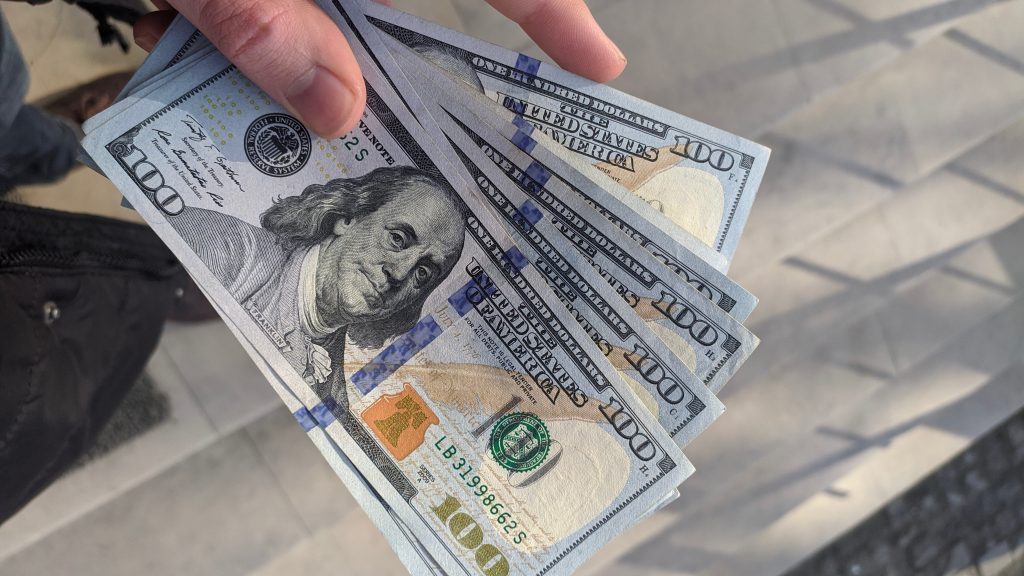The earnest money is a deposit made by the buyer to show their commitment to buy the property. This deposit can be considered as a deposit on the house or escrow. Buyers pay this deposit to buy themselves time for the appraisal, get financing, inspection, title research, etc. Learn more about reasons you should get the house you are buying inspected before closing on it.
How much is the earnest money?
The earnest money can vary depending on the price of the property and negotiations between the buyer and the seller. The range for the earnest money is between 1-2% of the total cost of the property. For example, you could pay between $1,000 to $2,000 on a $100,000 house.
However, this percentage can be much higher depending on the market. In some cases, buyers might define a fixed amount for the earnest money. It all depends on negotiations between both parties.
Will I get my earnest money back?
The contract and findings from the inspection, appraisal, etc. will determine who takes the earnest money. Buyers make a contract with the seller to hold the property after deciding to buy it. In return, the buyer must pay the earnest deposit or an escrow to show good faith in buying the house.
The seller holds the house while the buyer is doing appraisals, inspections, etc.
If the house passes all inspections and appraised value satisfies the buyer, the buyer will buy the house. The earnest deposit will be used as part of the down payment or closing costs.
Should the house fail on inspections, appraisal, etc? If these contingencies were specified in the contract, the buyer will get their money back and end the deal. However, if there are some factors that failed inspections and were not specified ahead of time; the buyer will either decide to buy the property or walk away with nothing.
In other words, the buyer will lose the deposit since the dealbreakers were not specified in the contract ahead of time.
How to protect my earnest deposit?
- Carefully read all terms and conditions included in the contract. If there is something in the contract that you don’t like, do not move forward until you are satisfied
- Put the money in escrow instead of giving it to the seller directly. This way you know if something goes wrong, you will get your money back without the hustle. This the purpose of a third party.
- All your dealbreaker contingencies such as inspections, appraisal, etc. must be included in the contract.









